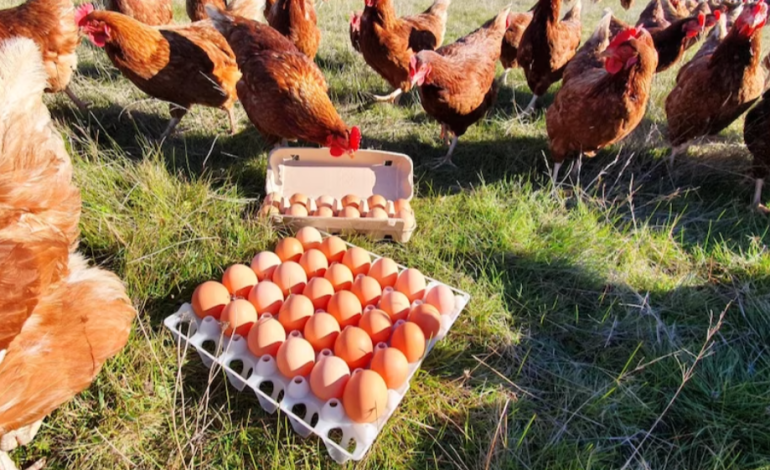Egg Shortage in Australia: The Role of Bird Flu and Supply Challenges

Australia is facing a widespread egg shortage, leading to empty supermarket shelves and purchasing limits imposed by major retailers such as Woolworths, Coles, and IGA, ABC News reports.
Rising demand and supply constraints have caused prices to increase, leaving consumers scrambling to find eggs.
The primary cause of the shortage stems from the nation’s largest-ever outbreak of avian influenza, or bird flu, in 2024. The outbreak, which has since been contained, led to the culling of nearly two million chickens across New South Wales, the ACT, and Victoria. This accounted for approximately 7% of Australia’s laying flock, significantly impacting egg production.
The hardest-hit regions included major egg farms in south-west Victoria, key suppliers for supermarkets nationwide. As a result, rebuilding the flocks will take time, causing ongoing disruptions in supply.
Complicating the situation, a separate avian influenza outbreak was detected last week at a farm in north-east Victoria. Kinross Farms, a major producer, reported that the outbreak affected 76,000 chickens, which represents less than 10% of the company’s production capacity. However, the incident will likely contribute to further delays in supply recovery.
Supermarkets are collaborating with suppliers to restore stock levels. Woolworths reported that the situation has gradually improved, though challenges persist. A Coles spokesperson expressed gratitude for customers’ patience, reassuring them that efforts are underway to increase egg availability.
Local egg producers are also grappling with heightened demand. Sue Owin, co-owner of White Swan Eggs in the Ballarat region, said her farm has been overwhelmed by demand at supermarkets and local markets.
“We’re selling out everywhere, and it’s hard to stretch supply during this shortage period,” Owin shared.
Despite the challenges, some experts note a silver lining. Fred Harrison, CEO of Ritchies IGA, highlighted that eggs currently on shelves are fresher than ever as producers rush to fill orders.
“You’ll probably never get eggs fresher than what you buy in the next few weeks,” Harrison said.
Although he noted that some eggs might be smaller due to production pressures.
Industry sources estimate it could take several months for egg supplies to stabilize as farms continue to rebuild their laying flocks.
For now, consumers are advised to store eggs in their original packaging in the refrigerator to extend shelf life. Those curious about egg freshness can use the simple water test — if an egg floats in a bowl of water, it may no longer be safe to eat.







